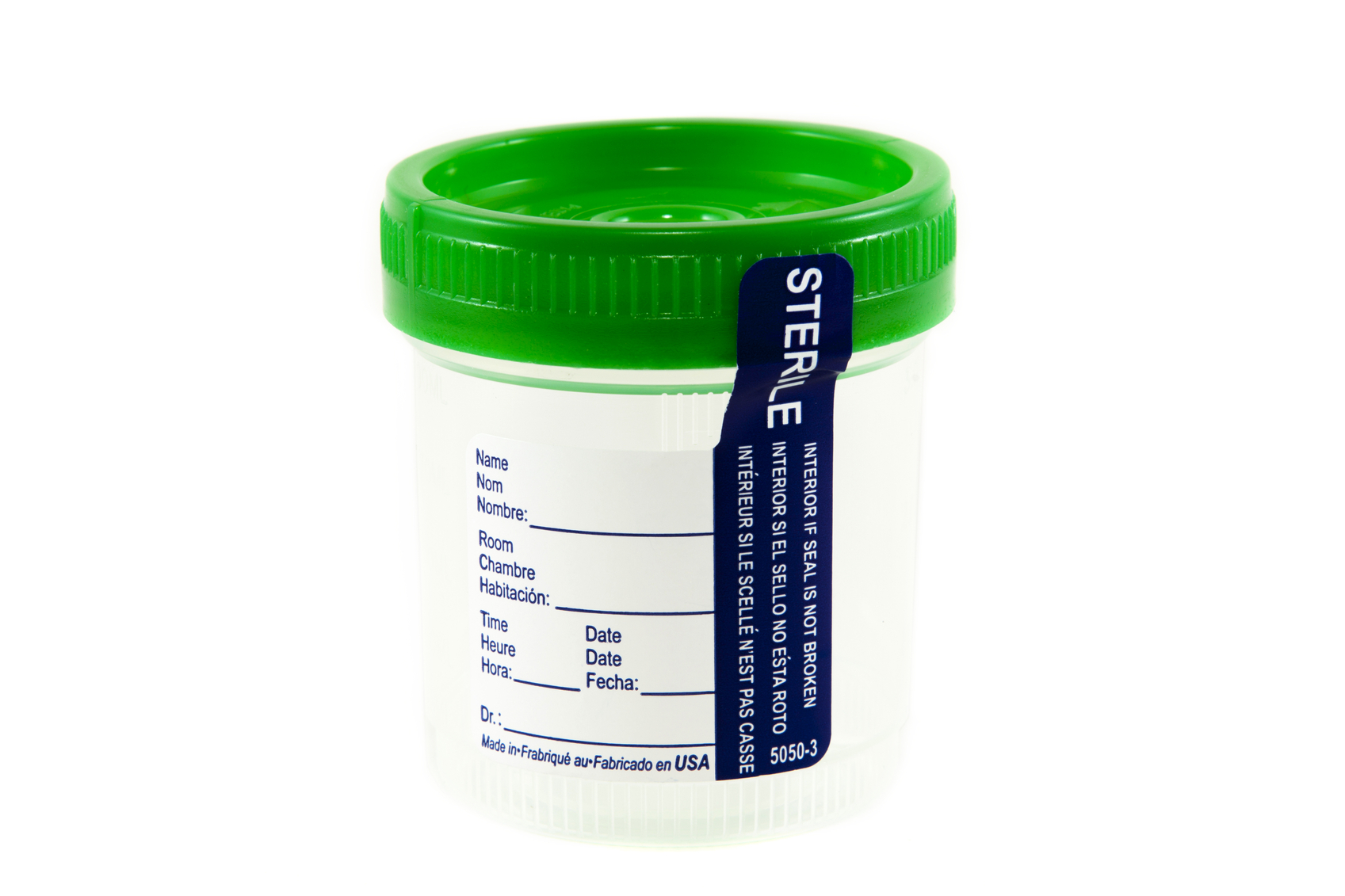
Rebecca’s son, a junior in high school, came home one afternoon and surprised his mother with the news that he had been called down to the assistant principal’s office and given a drug test. His results were clean, but that made no difference to Rebecca, who was appalled that the school took such a liberty. What, exactly, are the rules regarding random drug tests in public schools?
Is random testing legal?
In most cases, yes. In 2002, the U.S. Supreme Court affirmed the permissibility of random student drug test for students engaged in competitive extracurricular activities, which includes not just athletics, but glee club, cheerleading and a host of other school-sponsored pursuits. And that’s a fact that does not sit well with some child advocates.
“Subjecting students to harsh, drug war-style punishment, including using drug testing as a prevention tool, has failed to improve outcomes for young people who use drugs or those who don’t,” says Betty Aldworth, executive director of Students for Sensible Drug Policy, an organization representing young people in support of health- and evidence-based approaches to drugs.
“Schools have a responsibility to create a safe learning environment for students, not one where participation in extracurricular activities could lead to punishments or sanctions with lifelong consequences,” Aldworth says.
“Drug testing in schools is not just ineffective but insidious: Students who are suspended or expelled are more likely to use drugs and less likely to successfully complete their education,” she continues. “Those who are using drugs will be disinclined to participate in extracurricular activity, and those who are undeterred from drug use will use drugs which are less likely to appear on tests but are more likely to results in permanent brain injury or sudden death.”
The American Academy of Pediatrics opposes random drug testing as well, saying that it harbors “the potential for breach of privacy (e.g., when a student’s prescribed medications are identified on a drug test), detrimental consequences (such as suspension or expulsion for students who have positive drug test results), school dropout or increased truancy for students who fear they would fail a drug test, or increased use of substances not easily detectable on a drug screen.”

Is parental consent necessary?
OK, the Supreme Court has given schools the right to conduct random drug tests of student athletes and the jazz band. But can they test a student without first getting the consent of the parent? Consider, for a moment, all of the things — marriage, tattoos, medical treatment — for which a minor needs parental consent, muses Scott Behren of Behren Law. Then, turning to drug tests, he asks, “How on earth can a school undertake these kinds of tests without consent from a parent?”
In general, schools that perform random drug tests seem to agree with Behren. That’s why they make permission for such testing part of the consent form that parents sign to allow their child to participate in extracurricular activities. Still, the whole question is highly nuanced, according to attorney Matthew Kreitzer.
“Each individual public school’s policy is examined for reasonableness,” Kreitzer explains. “A school testing each and every student without warning and subjecting them to extremely intrusive measures may likely be declared void. A policy which tests merely athletes while the school official waits outside the restroom may likely be upheld.”
What about students in the classroom?
Testing of students apart from their participation in extracurricular activities is permissible, but only in limited circumstances.
“Case laws do exist that suggest schools may test students when there is a reasonable suspicion that the student is under the influence of drugs,” says attorney LaTonya Moore. But if the policy is too broad — for example, testing a student based on gossip — the test may be considered a violation of the student’s constitutional rights, and the student and parents may have a civil rights claim.
“If parents believe that a school’s policy is excessively broad, they have the option of bringing a federal civil rights claim against the school,” says Kreitzer. “These are typically instituted by consulting with a local civil rights lawyer who can better analyze the nature and function of the school searches.” Kreitzer adds that the parents may be entitled to compensation if the school’s policy violates the law.
Moore encourages parents to be “vigilant and proactive” by staying involved and present at the schools to obtain a full understanding of the policies and procedures. “If there is a perceived violating of their child’s rights,” she adds, “parents should immediately seek legal advice.”
Meanwhile, Kreitzer urges parents who are concerned about their school’s drug testing policy to talk with the administration. “Parents should discuss their concerns with school officials,” says Kreitzer. “Most school officials are open to listening to parents.” If the school is not responsive, he adds, then it’s time to contact an attorney.
Originally published by Avvo











